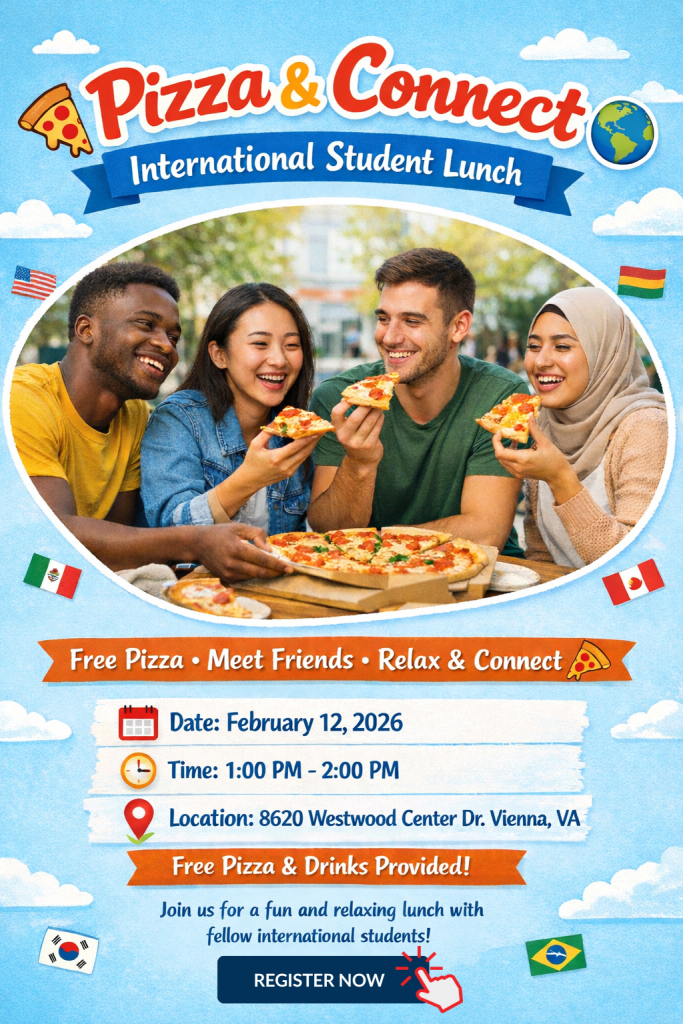Columbia College’s Associate Degree programs in Occupational & Licensure Studies have been designed to meet diverse demand from the population in the local area. All of 3 programs – Cosmetology, Culinary Arts, Dental Lab Technology and Massage Therapy – are extended studies in addition to fundamental certificate programs.
The curriculum for upper level of each program focuses on advanced study after learning basic knowledge and skills so students will learn special theories and skills to become professional and/or vocational instructor in their field.
To get an associate degree, each program requires seven to eight subjects with 28 to 32 quarter hours of general education courses from the following areas: at least one from humanities, Mathematics and the sciences, and social sciences.
Associate of Applied Science in Dental Laboratory Technology
Dental Laboratory Technology program provides for a flexible career which offers several opportunities for advancement. After completing the program, student(s) can be experienced and skilled technicians who own their own laboratories or become department heads where they have supervisory responsibilities. The Dental Laboratory Technology program consists of 71 credits in majors and 28 credits in General Education. Student(s) learn advanced skills and techniques in designing and constructing dental replacements such as crowns, bridges, dentures, and orthodontic appliances.
AAS in Dental Laboratory Technology
Associate of Applied Science in Culinary Arts
The Culinary Arts program consists of 64 credits of intensive practice and lecture designed to prepare student(s) to take part in the culinary arts service industry successfully. Student(s) are expected upon graduation to be qualified to enter number of related fields as a cook or assistant in restaurants and hotels. This program offers 92 credit courses. Each course has a few sub-courses that provide basic, intermediate, and advanced knowledge and skills in such subjects as cooking, Asian and Western cuisines, bakery, diet and food culture, world fusion cuisine, nutrition science, food sanitation, food service system management, and wedding and party cuisine.
Associate of Occupational Science in Technical and Business English
Excellent communication skill is one of the most important aspects in one’s life. This 92-credit program offers various courses that help students to improve their communication skills more effectively in business writing, oral presentation, and interpersonal skills. Graduates may pursue a variety of careers in varied organizations, trades, and professional associations.
AOS in Technical and Business English
Associate of Applied Science in Business Administration
Business Administration is the process of managing a business or organization successfully. This 92-credit program covers general curricula in business management and administration, accounting, and tourism. Fundamental computer application classes are also included. Upon completion of this program, students can be employed in varied fields that incorporate wide business industry.
AAS in Business Administration
Associate of Applied Science in Information Technology
This 92-credit program is designed to prepare students for industry standards in networking and information technology careers and related business trades. This curriculum includes courses on a variety of operating systems, web publishing, programming, network security, and much more. Fast-paced, Online, Microsoft®-based courses are also offered to students who can be employed as computer professionals.
Associate of Occupational Science in Early Childhood Education
This program focuses on current research and issues in early childhood education especially in language related areas. In this 92-credit program, students learn overall early childhood education. The strategies and techniques of teaching English to early childhood and elementary school-aged children are also addressed. Graduates will have a variety of opportunities in the field of early childhood education settings as a teacher, specialist, and researcher.


